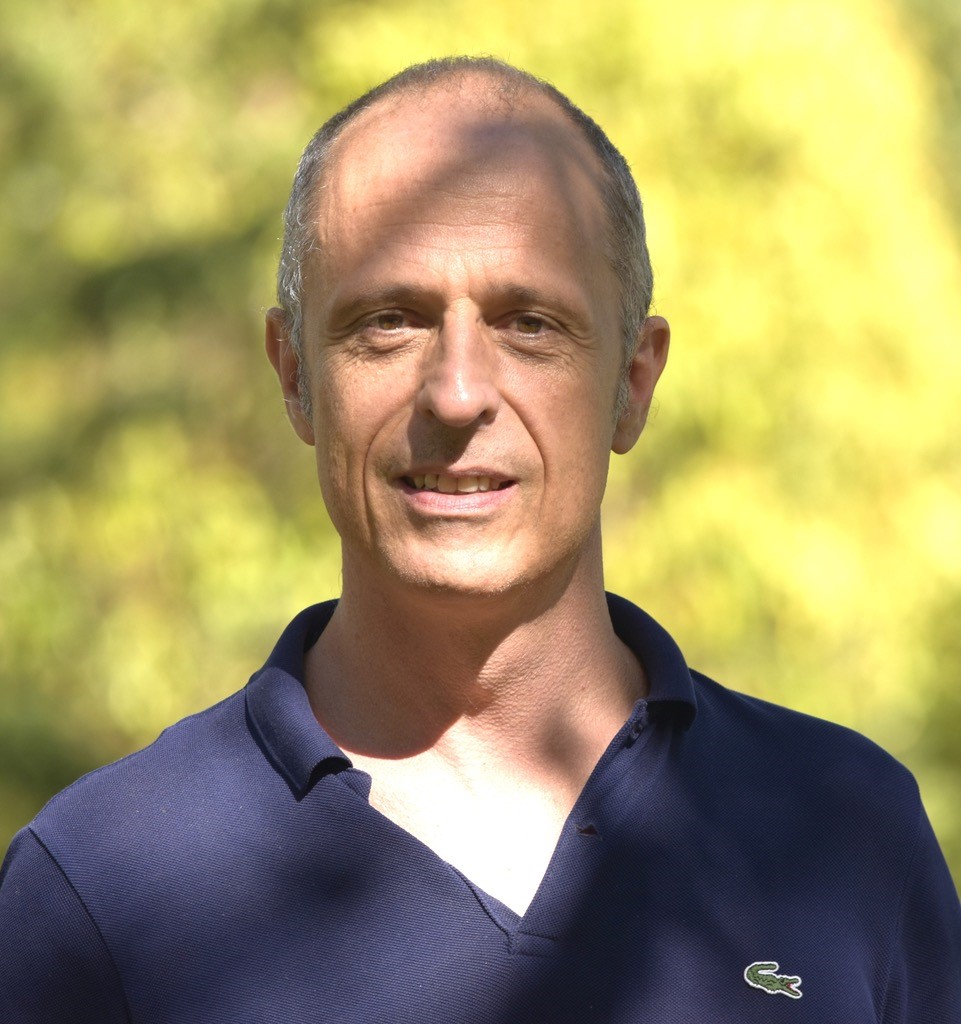 Title: Building and simulating complex geostatistical models for climate and environmental sciences
Title: Building and simulating complex geostatistical models for climate and environmental sciences
Abstract: Motivated by several applications in environmental and climate sciences, we present an overview of recent advances in the geostatistical modelling of spatio-temporal and multivariate data, including new developments for their efficient simulation. This presentation will be extensively illustrated with climate-related case studies at different space-time scales and resolutions.
Speaker: Denis Allard
Denis Allard obtained his MSc and PhD in Geostatistics from the Ecole des Mines de Paris, in Fontainebleau, France. In 1996 he joined the French National Institute for Agricultural Research (INRA) in Avignon, France. From 2005 to 2011 he has been the head of the BioSP (Biostatistics and Spatial Processes) group. His research covers a wide range of topics in geostatistics and spatial statistics for modeling and analyzing spatio-temporal data, with applications in geosciences, environment and climate sciences. From 2023 to 2027, he is the Principal Investigator of the Geolearning Chair, a collaborative project between BioSP and the Geostatistics team at Ecole des Mines de Paris. He is currently associate editor for Spatial Statistics.
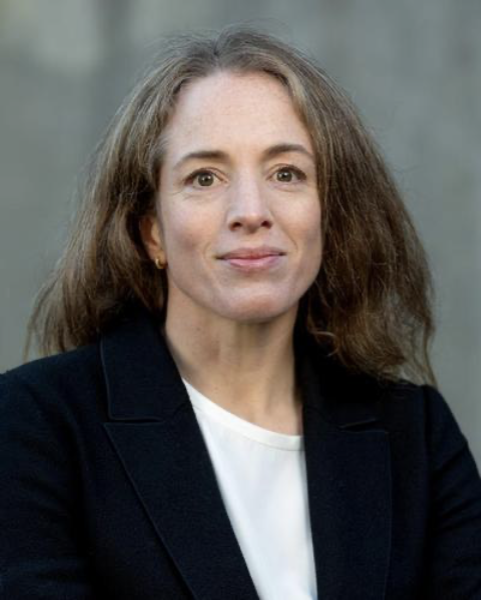 Title: Modeling of heat transfer, multiphase flow, and deformation in fractured geothermal systems
Title: Modeling of heat transfer, multiphase flow, and deformation in fractured geothermal systems
Abstract: TBA
Speaker: Inga Berre
Inga Berre is professor at the Department of Mathematics and director of the Center for Modeling of Coupled Subsurface Dynamics (CSD) at the University of Bergen. Her expertise lies in mathematical modeling, partial differential equations, and numerical methods, with a focus on simulating thermo-hydro-mechanical-chemical processes in geothermal systems and fault reactivation induced by subsurface injection and production. She leads the ERC Consolidator Grant project "Mathematical and Numerical Modelling of Process-Structure Interaction in Fractured Geothermal Systems" (MaPSI, 2021-2026). In 2023, she was appointed as the Argyris Visiting Professor at the SimTech Cluster of Excellence, University of Stuttgart.
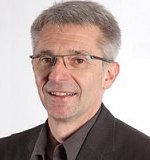 Title: Mathematical and computational challenges in Probabilistic Seismic Hazard Assessment.
Title: Mathematical and computational challenges in Probabilistic Seismic Hazard Assessment.
Abstract: Though governed by well-posed and well-known elastodynamics equations, reliable quantifications of the effect of earthquakes on sensitive structures and urban areas remain challenging tasks with extremely severe potential consequences. Indeed, three main difficulties are at stake: i) the wide range of ratios between the propagation distances and the wavelengths; ii) the significant uncertainties on the source mechanisms, on the properties and complexity of soils, rocks and built structures; iii) the scarcity of experimental data to properly calibrate the mathematical models. This lecture will present various techniques to overcome these challenges, including numerical methods, statistical physics, Uncertainty quantification and Scientific Machine Learning.
Speaker: Didier Clouteau
Didier Clouteau is Distinguished Professor at University of Paris-Saclay, CentraleSupélec and chairs the Department of Mechanics, Energetics and Bio-chemical Eng. He graduated from Ecole Centrale Paris, INP Grenoble. He worked for Tractebel Engineering, CNRS, Ecole Polytechnique in France and Mahindra University in India. His research interests are focused on earthquake engineering, numerical methods and machine learning in mechanics. He has supervised more than 20 PhD theses, authored 80+ scientific papers.
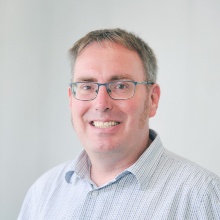 Title: Geological Carbon Storage: Computational Models and their Validation
Title: Geological Carbon Storage: Computational Models and their Validation
Abstract: Geological carbon storage (GCS) has the potential to close the gap between CO2 emissions from legacy carbon-based power sources and required emission reductions. In order to realize this potential in a safe and cost-efficient manner, large-scale deployment of GCS relies heavily on modeling and numerical simulation studies. This talk will introduce mathematical and computational models for GCS and illustrate the associated current challenges. A particular focus will be put on the task of verification and validation by presenting recent benchmarking efforts.
Speaker: Bernd Flemisch
Bernd Flemisch is a professor for simulation technology at the Institute for Modelling Hydraulic and Environmental Systems of the University of Stuttgart. His expertise is on computational modeling of coupled flow and transport processes in and around porous media, including discretization methods, solution approaches, implementation in form of research software, validation and benchmarking. He is coordinating the development of the open-source simulator DuMux and engaged in several research alliances such as the Cluster of Excellence "Data-integrated Simulation Science (SimTech)" and the Collaborative Research Center "Interface-Driven Multi-Field Processes in Porous Media (SFB 1313)".
Title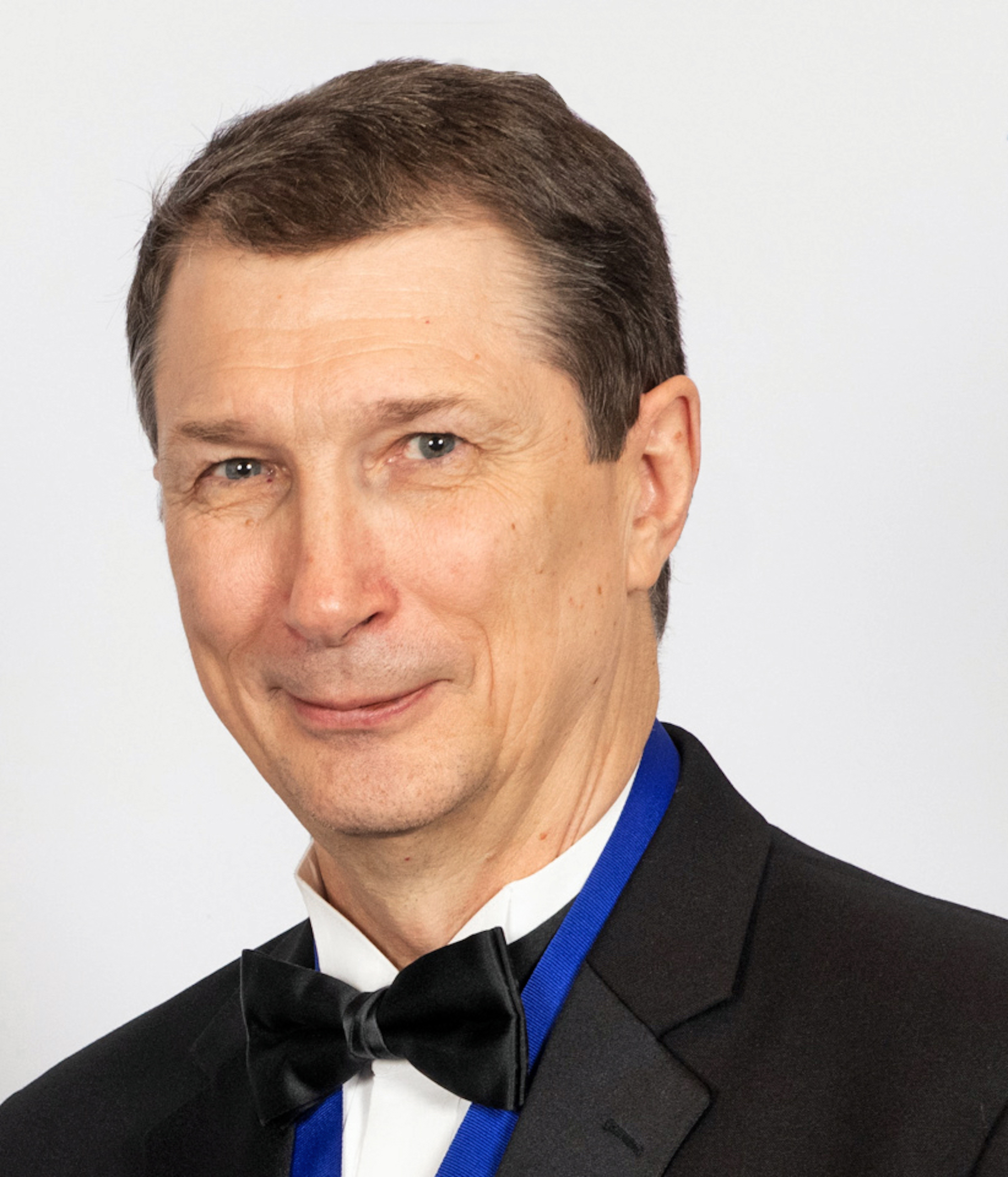 : Biogeodynamics: influence of plate tectonics for life evolution and habitability
: Biogeodynamics: influence of plate tectonics for life evolution and habitability
Abstract: Advances in computational Biogeodynamics will be presented to show how the unique Earth's global evolution style - plate tectonics - accelerated life evolution and biodiversity dynamics. Implications for finding habitable Earth-like exoplanets will also be discussed.
Speaker: Taras Gerya
Taras Gerya is a professor at the Swiss Federal Institute of Technology (ETH-Zurich) working in the field of numerical modelling of geodynamic and planetary processes. He earned a Ph.D. in petrology from Moscow State University in 1990 and a habilitation in geodynamics from ETH-Zurich in 2008. His recent research interests include modelling of plate tectonic processes, and evolution and habitability of terrestrial planets. He was made AGU Fellow in 2019 and received EGU Augustus Love Medal in 2024.
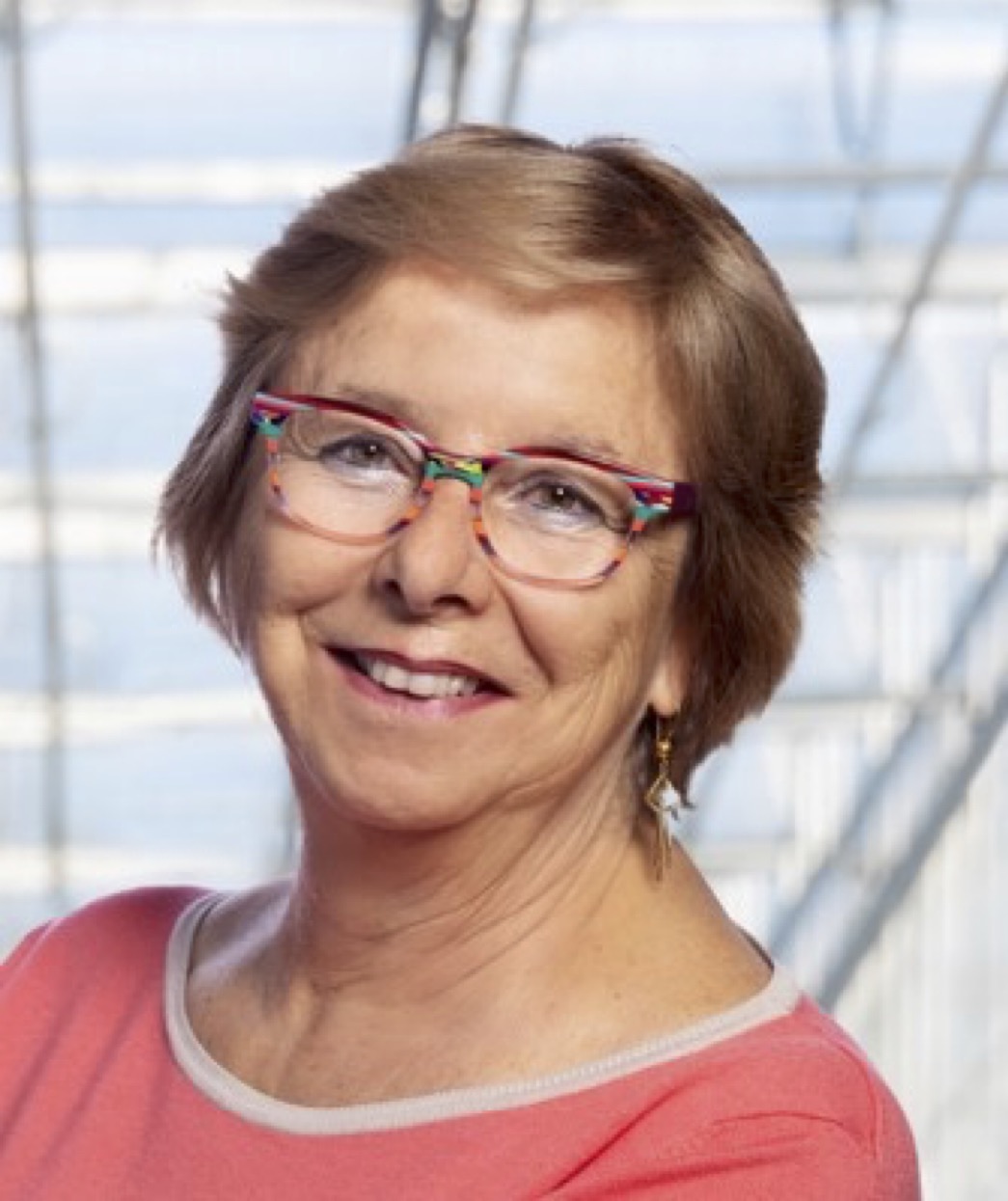 Title: From external climate to climate within a greenhouse: utility and complexity of models
Title: From external climate to climate within a greenhouse: utility and complexity of models
Abstract: TBA
Speaker: Cecilia Stanghellini
Cecilia Stanghellini, an Italian physicist with a Dutch PhD in Agricultural and Environmental Sciences, has been working at Wageningen University and Research Centre (the Netherlands) for almost 40 years, dealing with the resource use and management of greenhouses in wet and dry climates. Major topics are: greenhouse climate management; crop yield and resource use efficiency; economy and environmental impact of protected cultivation. She is [co]author of more than 300 publications including a recent textbook on greenhouse technology. She has lead several large international projects, financed by the European Union, governments and large companies in Europe, Latin America, and Africa on the topic of efficient greenhouse vegetable production and capacity building. She has been invited as lecturer in five continents.